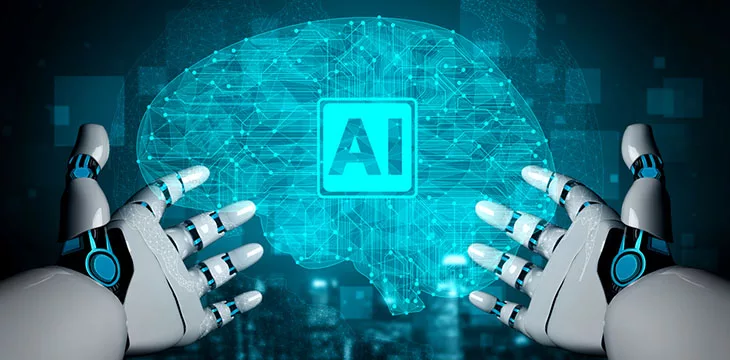
The rapid development of artificial intelligence (AI) has had a significant impact on various sectors of society. Reports of AI’s capabilities and its integration into different industries are constantly emerging. While some hail AI as a savior, others raise concerns about its potential dangers. However, one thing is clear: AI needs technological guardrails to ensure its positive impact, and enterprise blockchain could provide the solution.
The problem with large language model (LLM) text generators is that the output is only as good as the input. If AI indiscriminately ingests all available online information, it will include both false and verifiable data, leading to unreliable results. Additionally, there are instances where AI fills in gaps in knowledge with made-up information, which can have serious consequences. For example, lazy lawyers submitted an AI-generated court filing that attributed fake opinions to real judges, leading to sanctions against them.
To address these issues, a blockchain-backed AI system could verify the authenticity of reports and studies from research groups. This would allow end users to confirm that the information they receive is legitimate and represents the true output of these entities. Furthermore, blockchain technology could ensure fair compensation for artists whose work is used in derivative creations. By registering ownership of original creations on the blockchain, artists can be properly rewarded.
In this context, the BSV Blockchain stands out as an ideal solution. BSV has demonstrated its ability to scale without limitations, making it suitable for handling the vast data management needs of enterprises and governments. It is also economically equipped to handle this data, with transaction fees measured in fractions of a penny. BSV is essential for the completion of Web3, which aims to return control over personal data to individuals and reverse the centralized data-harvesting model of Web2.
Ayre Ventures recently made a significant investment in blockchain IP by acquiring nChain, a move justified by the potential impact of its patent library on the cryptocurrency market and corporate implementations. With the help of blockchain, AI presents challenges that can be overcome while offering unprecedented opportunities.
Ultimately, the impact of AI on society depends on how we harness its capabilities. With the support of blockchain technology, we can ensure that AI is used responsibly and ethically. By leveraging blockchain’s verification and compensation mechanisms, we can reap the benefits of AI without compromising reliability or fairness. AI, when paired with blockchain, has the potential to revolutionize industries and enhance the human experience.






